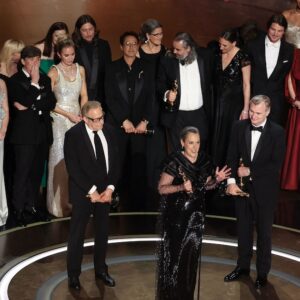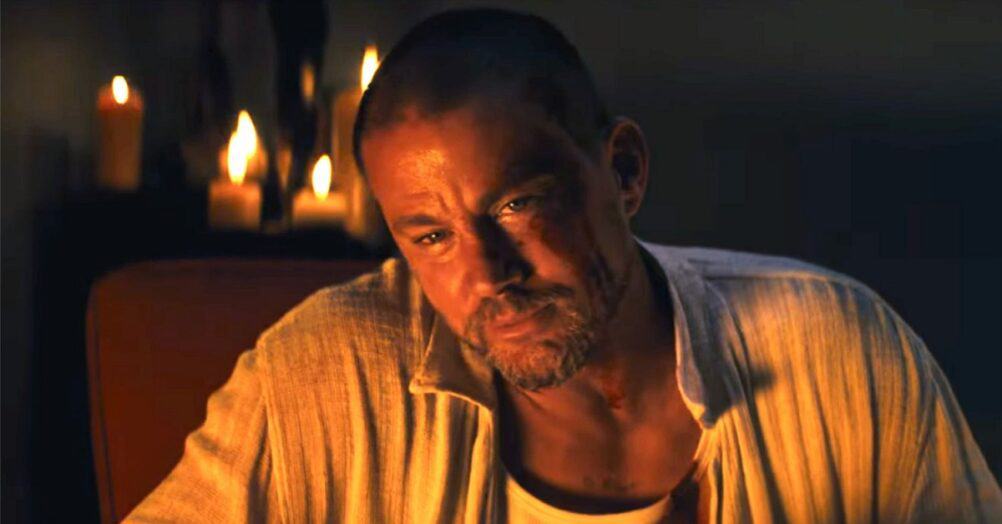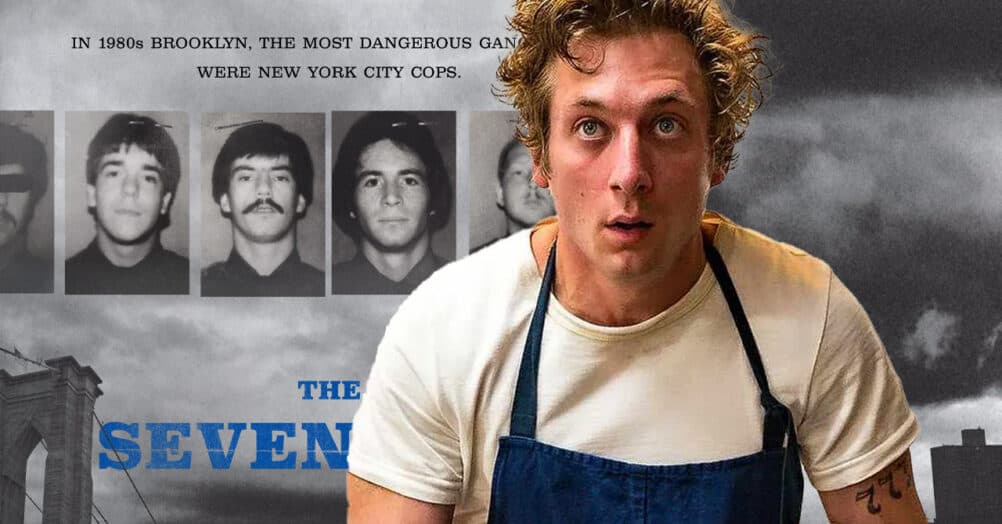Last Updated on August 2, 2021

Where do we go with this year's Oscars?
After the nominations for the 88th Academy Awards were announced last week, they were met with sharp criticism over their lack of diversity across the major fields. In the performance categories, 20 men and women were recognized for their work over the past year… not one of them was a person of color. In the Best Picture field, it was more of the same with each nominated film centering around characters of a Caucasian persuasion, and, when you look up and down the various categories that the Oscars presents gold statues for in February, the presence of minorities were few and far between.
As a result, the conversation has intensified regarding minorities' presence within the movie industry, but more specifically their standing with the voting members of the Academy come Oscar time.
Performances like Idris Elba (BEASTS OF NO NATION), Samuel L. Jackson (THE HATEFUL EIGHT), Will Smith (CONCUSSION), Michael B. Jordan (CREED) and Benecio Del Toro (SICARIO) did not make the cut for whatever reasons. STRAIGHT OUTTA COMPTON and CREED received one nomination each – but neither of them were for minority parts of their production, with both nods going to white people. Ryan Coogler wasn't recognized for CREED nor was Spike Lee for CHI-RAQ.
Lee has gone on record, saying that he will not attend this year's ceremony.
Jada Pinkett Smith took to Twitter to state the following:
At the Oscars … people of color are always welcomed to give out awards … even entertain…
But we are rarely recognized for our artistic accomplishments. Should people of color refrain from participating all together?
People can only treat us in the way in which we allow. With much respect in the midst of deep disappointment.
We must stand in our power.
Posted by Jada Pinkett Smith on Monday, January 18, 2016
David Oyelowo, not nominated last year for his portrayal as Martin Luther King Jr. in SELMA (a role that arguably should have been in the running), spoke at an MLK event on Monday, saying, "The Academy has a problem. It's a problem that needs to be solved."
Cheryl Boone Isaacs, the President of the Academy of Motion Picture Arts and Sciences and herself an African-American woman, released a statement that read:
A statement from Academy President Cheryl Boone Isaacs pic.twitter.com/Nqhgc7sbqG
— The Academy (@TheAcademy) January 19, 2016
Even George Clooney spoke to Variety on the matter, to say the following:
If you think back 10 years ago, the Academy was doing a better job. Think about how many more African Americans were nominated. I would also make the argument, I don’t think it’s a problem of who you’re picking as much as it is: How many options are available to minorities in film, particularly in quality films?
I think we have a lot of points we need to come to terms with. I find it amazing that we’re an industry that in the 1930s, most of our leads were women. And now a woman over 40 has a very difficult time being a lead in a movie. We’re seeing some movement. Jennifer Lawrence and Patricia Arquette have made the loud pronouncement about wage disparity, have put a stamp on the idea that we got to pay attention. But we should have been paying attention long before this. I think that African Americans have a real fair point that the industry isn’t representing them well enough. I think that’s absolutely true.
Now that's not to say that any of these films, their filmmakers or the talent involved with them should have been included in the final field of contenders simply because of the color of their skin. The Academy will vote however it votes for whatever it chooses to vote for, based on their idea of what the best of the year in film was. However, it's the under-representation of African-Americans or Latinos or Asians or basically anyone that does not possess a paler pigmentation to their skin in movies that gets to the root of what's going on here.
With so few quality films made featuring minorities in leading or pivotal supporting roles, or by minority filmmakers, or about minority characters, when a couple arise that the general public do rally around and view as Oscar-worthy and the Academy does not recognize, it stings that much harder. It makes people throw up their hands in disgust, wondering exactly what type of "black" or "Indian" or "Hispanic" movie needs to be made that could possibly measure up to these "white" movies that are the default.
It calls attention to the glaring disparity between films made about white people and those made about everyone else, so that, if one movie about white characters doesn't measure up to the Academy's standards, there's another one there to take its place. The same can't be said for movies made about minority characters.
But this goes beyond the Oscars. I get that the Academy Awards have been held up as the gold standard for the best in movies in any given year (I don't put that much stock in it or take it as seriously as others, but that's me), and, as a result, have a big target painted on their back when it comes to this process. But what we really need to be focusing on here is diversity in Hollywood as a whole and not simply for prestige pieces that the Academy loves to slobber all over on an annual basis. We need to be looking at diversity in characters, diversity in filmmakers, diversity in writers, diversity in producers, diversity in costume designers, diversity in best boys, diversity in… well, you get the point. We need to be pushing for Hollywood to be more inclusive, not exclusive. We need to aim for more voices and ideas and experiences to expand the stories that Hollywood tells and who helps them be told, beyond the default. That's where the progress needs to be made… And once we can find common ground there, the Oscars will fall into line with the changing landsacpe of the industry as a whole.

Do you think minorities are reasonable to boycott the Oscars as a result of their under-representation? Does the Academy have a problem with diversity? Does Hollywood have an across the board issue with the inclusion of minorities in the industry as a whole? Voice your opinion below!




















Follow the JOBLO MOVIE NETWORK
Follow us on YOUTUBE
Follow ARROW IN THE HEAD
Follow AITH on YOUTUBE